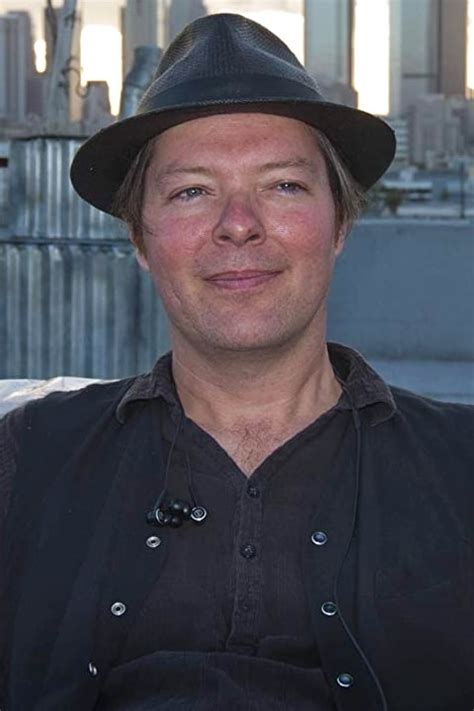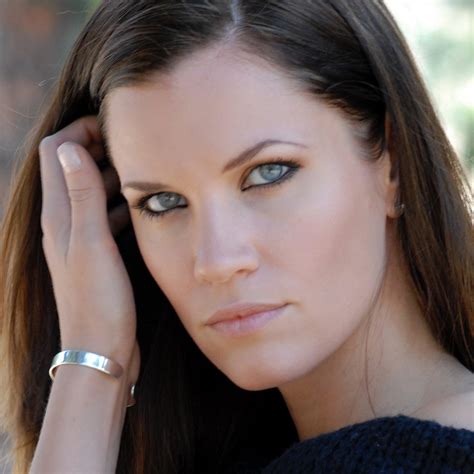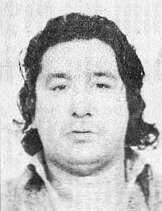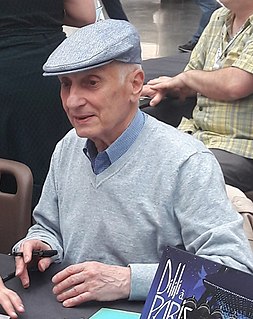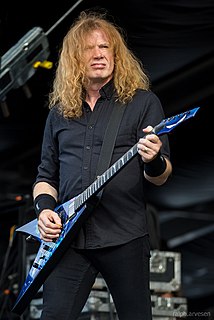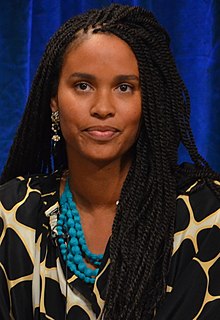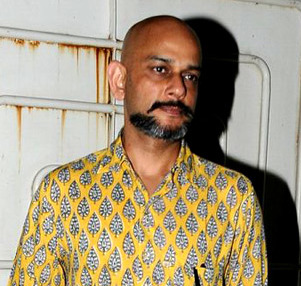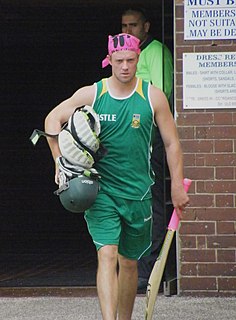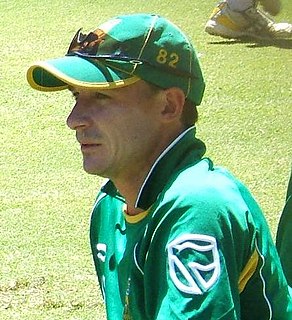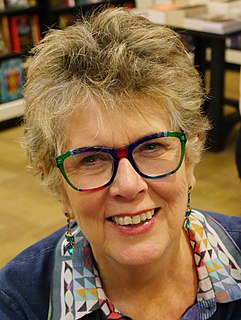A Quote by Rudolf Buitendach
It was a tough film ["Selling Isobel"] to make anyway, because we had limited resources.
Related Quotes
The incident itself happened in London, but because we were all based at the time in Los Angeles we moved it there. Certain details are almost exactly like the true experience, but we decided to make the film more of a thriller, in the hope that it would reach a bigger audience. That's why it's called "Selling Isobel" and not "Selling Frida." We didn't want to make a dark, depressing "movie-of-the-week."
My supporters and family have limited resources, very limited resources; but the FBI has the unlimited resources of the most powerful government in the world today. It's amazing that they haven't successfully had me assassinated since I have been in here. There have been plots uncovered in the past that I know of to have me killed.
I don't make movies. I don't feel that I have to have artistic control. Part of this comes from the fact that the book lives on no matter what Hollywood does to your novel in terms of a film. Now, you try to be careful who you allow to do your film because nobody wants their novel to become a turkey movie. But, on the other hand, it is a crapshot anyway, because even the best people can make a bad film.
